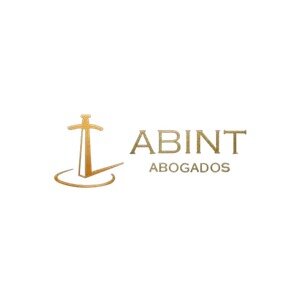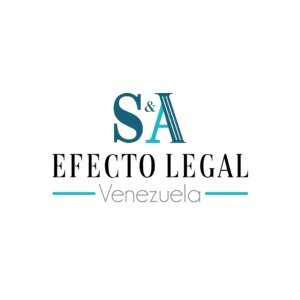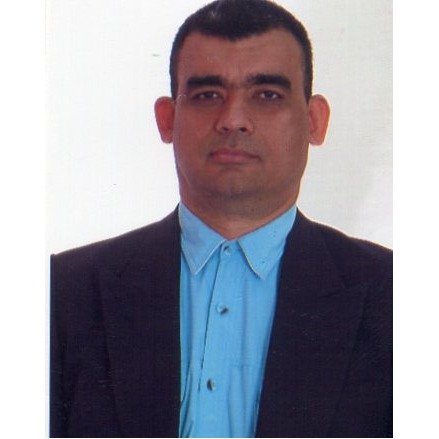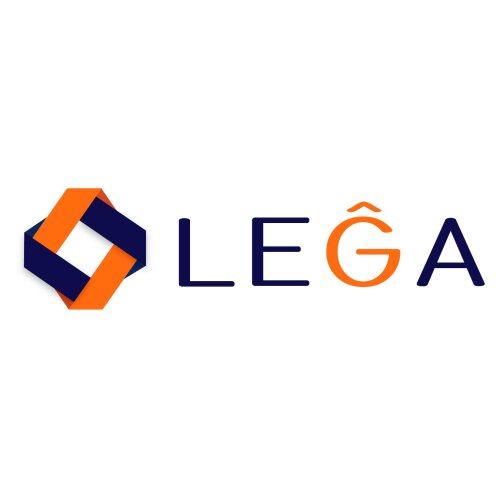Best Antitrust Litigation Lawyers in Venezuela
Share your needs with us, get contacted by law firms.
Free. Takes 2 min.
Or refine your search by selecting a city:
List of the best lawyers in Venezuela
About Antitrust Litigation Law in Venezuela
Antitrust litigation in Venezuela refers to legal actions taken to address violations of competition laws, particularly practices that restrict competition or create monopolies in the marketplace. These laws are designed to protect consumers and ensure businesses compete fairly. In Venezuela, antitrust regulation aims to prevent abuses of dominant market positions, collusive agreements, and other anti-competitive practices. The key regulatory framework is the Ley para Promover y Proteger el Ejercicio de la Libre Competencia, a law implemented to safeguard free and fair competition.
Why You May Need a Lawyer
There are several scenarios in which individuals or businesses may require a specialist in antitrust litigation in Venezuela. Some common situations include:
- Being accused of engaging in anti-competitive behavior such as price-fixing or exclusive supply arrangements
- Experiencing unfair business practices by larger competitors that may amount to abuse of a dominant position
- Wishing to contest restrictive agreements between firms that limit competition
- Reporting or challenging mergers and acquisitions that could negatively impact the market
- Needing defense in investigations initiated by regulatory authorities
- Seeking compensation for harm caused by anti-competitive practices of other entities
- Understanding compliance requirements to avoid legal liability
An experienced antitrust lawyer can provide vital guidance on navigating legal processes, defending against regulatory actions, or initiating claims against violators.
Local Laws Overview
Venezuela's principal legal instrument governing antitrust issues is the "Ley para Promover y Proteger el Ejercicio de la Libre Competencia" (Law for the Promotion and Protection of Free Competition), enacted in 1991. This law is enforced by the Superintendencia Antimonopolio (Antitrust Superintendent) and its governing council. The law establishes rules prohibiting:
- Agreements, decisions, or collective practices that restrict or distort free competition
- Abuse of dominant market position, such as setting unfair prices or limiting production
- Business concentrations or mergers that could substantially lessen competition
The law provides for investigation procedures, sanctions that can include fines and corrective measures, as well as mechanisms for appeals. The legislation is complemented by various regulations and is occasionally updated to reflect new economic realities. Venezuela’s legal process allows for both administrative and judicial review of competition law decisions.
Frequently Asked Questions
What types of conduct are considered anti-competitive under Venezuelan law?
Generally, practices such as price-fixing, bid-rigging, market allocation, and abuse of dominant market position are deemed anti-competitive. These can include exclusive dealing arrangements or applying dissimilar conditions to equivalent transactions with different parties.
Who enforces antitrust laws in Venezuela?
The Superintendencia Antimonopolio (Antitrust Superintendent) is the primary authority responsible for enforcing competition laws in Venezuela. They initiate investigations, impose sanctions, and review mergers.
What are the penalties for violating antitrust laws?
Sanctions may include monetary fines, suspension of business activities, and orders to cease anti-competitive behavior. Fines are often calculated as a percentage of the company’s income during the infringement period.
Can individuals or companies sue for damages caused by anti-competitive practices?
Yes, affected parties can bring private lawsuits to seek compensation for harm suffered due to anti-competitive conduct, in addition to regulatory actions imposed by authorities.
Is it mandatory to notify authorities of mergers or acquisitions?
Certain mergers and acquisitions that meet specific thresholds must be notified to the authorities, who will then assess their potential impact on market competition.
How can a business demonstrate compliance with antitrust laws?
Businesses should implement internal compliance programs, provide regular employee training, document commercial practices, and periodically review their agreements and business strategies with legal counsel.
What is considered abuse of dominant position?
Abuse of dominant position occurs when a company using its significant market power engages in practices that limit competition or harm consumers, such as setting predatory prices or refusing to deal with certain stakeholders.
How do investigations typically proceed?
Investigations usually begin with a complaint or request from a market participant or the authorities’ own detection efforts. Thereafter, the authorities conduct information gathering, hearings, and may eventually issue a ruling.
What defenses are available in antitrust proceedings?
Defenses may include demonstrating that the alleged conduct had pro-competitive justifications, did not harm the market, or fell within legal exceptions provided by the competition law.
How long does antitrust litigation typically take in Venezuela?
The timeline can vary widely depending on the complexity of the case and whether it proceeds to administrative or judicial review, but cases can range from several months to a few years.
Additional Resources
If you need further information or wish to file a complaint, the following resources can be of assistance:
- Superintendencia Antimonopolio - Venezuela’s competition authority responsible for enforcement and policy guidance
- Venezuelan Bar Association - For referrals to qualified antitrust attorneys
- Chambers of commerce and trade associations that offer guidance on competition law compliance
- Academic institutions with research or publications on Venezuelan economic and competition law
These organizations can provide information, support, and recommendations on next steps if you are facing an antitrust issue or wish to ensure compliance.
Next Steps
If you believe you are involved in an antitrust matter or have been affected by anti-competitive practices in Venezuela, consider taking the following actions:
- Gather all relevant documentation and evidence related to the alleged conduct
- Consult with a lawyer specialized in antitrust or competition law for an initial assessment
- Consider filing a complaint with the Superintendencia Antimonopolio or seeking mediation if possible
- Stay informed about ongoing legal requirements and deadlines during the investigation and litigation process
- Follow legal guidance to ensure compliance and protect your rights throughout the proceedings
Seeking timely legal advice is essential to protect your interests and navigate the complexities of antitrust litigation in Venezuela.
Lawzana helps you find the best lawyers and law firms in Venezuela through a curated and pre-screened list of qualified legal professionals. Our platform offers rankings and detailed profiles of attorneys and law firms, allowing you to compare based on practice areas, including Antitrust Litigation, experience, and client feedback.
Each profile includes a description of the firm's areas of practice, client reviews, team members and partners, year of establishment, spoken languages, office locations, contact information, social media presence, and any published articles or resources. Most firms on our platform speak English and are experienced in both local and international legal matters.
Get a quote from top-rated law firms in Venezuela — quickly, securely, and without unnecessary hassle.
Disclaimer:
The information provided on this page is for general informational purposes only and does not constitute legal advice. While we strive to ensure the accuracy and relevance of the content, legal information may change over time, and interpretations of the law can vary. You should always consult with a qualified legal professional for advice specific to your situation.
We disclaim all liability for actions taken or not taken based on the content of this page. If you believe any information is incorrect or outdated, please contact us, and we will review and update it where appropriate.
Browse antitrust litigation law firms by city in Venezuela
Refine your search by selecting a city.















